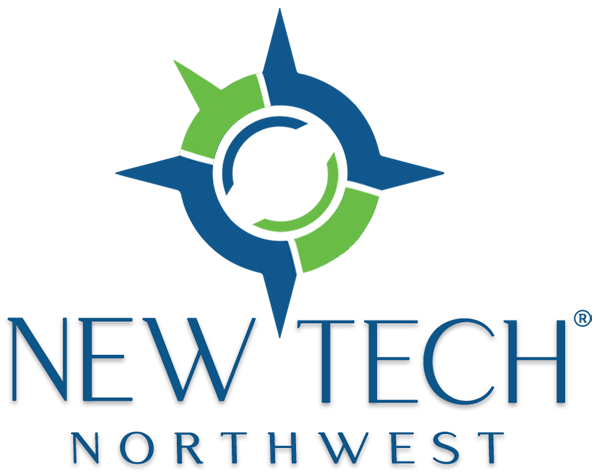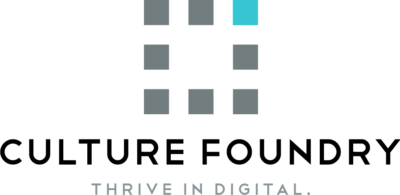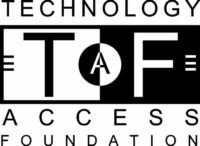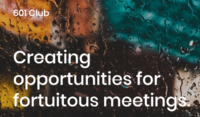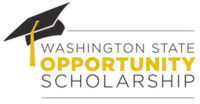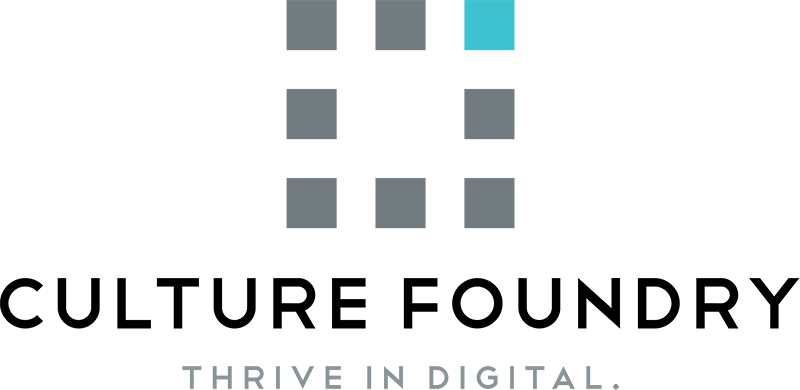This weeks post comes from our friend at the University of Phoenix, Dr. Bob Danielle.
Blinded by your own light? Will confirmation bias impact your talent recruitment and hiring practices post COVID-19?
Confirmation bias is an individual’s tendency to seek out confirmation for what is already thought to be true and to not search for disconfirming information.
Although many of us can recognize or have seen this in ourselves or others, what are the possible consequences when we do not, especially when recruiting and hiring talent for our organizations? If selecting candidates with similar professional or educational backgrounds found within your organization or industry has been your recipe for success in the past, should you consider changing it? However, if your industry has changed or you have noticed a lack of creativity and innovation within your organization, does it continue to make sense to use the same recipe?
While conducting research I found some organizations are trying a variety of approaches to help mitigate the impact of confirmation bias in their talent recruitment and hiring practices. Some purposely seek and hire the best possible candidates regardless of their professional backgrounds that they feel can make the most significant contributions. Others used a collaborative hiring process that is designed to reduce personal or organizational biases through a series of checks and balances that level the hiring playing field.
According to experts on the subject, here are some tactics and strategies to help you keep bias from affecting your hiring decisions:
- Standardize the process. Something as simple as creating a standardized rubric that is used during each interview and making sure every candidate is asked a set of same questions in the same order can help eliminate many hiring biases. A lack of consistency and structure can make it difficult to compare applicants to one another.
- When applicable, ask candidates for a work sample. Evaluating work samples, especially those that align with the responsibilities/tasks a candidate would need in the role, can provide valuable insight of their future performance, as well as help employers stay focused on a candidate’s abilities and potential value to the organization.
- Recognize your biases. Challenge yourself to stretch outside your comfort zone and really think about who you are and what you value in yourself and a potential new teammate. If an individual or department has had debatable hiring decisions, consider adding multiple people with varying backgrounds in the process that could provide much needed and valued perspective.
I have also found organizations that had not adjusted their established practices and the many missed opportunity costs that pile up when talented applicants were not considered for employment. As someone who has made several career transitions across multiple industries, my key to success was finding those organizations that embraced transferable skills regardless of industry and valued bringing in outside perspectives. Although this is easier said than done these organizations do exist, and many are among the leaders in their respective sectors.
Given the impact of COVID-19 and the many variables in play that can add to one or both sides of this issue, I am interested in hearing your thoughts on the subject. What have been your experiences? What have you learned and what would you like to add to this discussion?
Be well, healthy, and practical!
